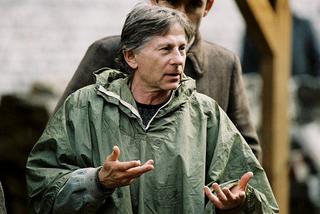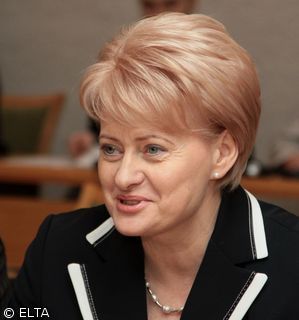Touted by the East German leadership as a barrier against "fascist provocation," the Wall was really an attempt to stop waves of skilled workers and educated people leaving a repressive state
Published:
10 November 2004 y., Wednesday
Touted by the East German leadership as a barrier against "fascist provocation," the Wall was really an attempt to stop waves of skilled workers and educated people leaving a repressive state. Around 3 million fled between 1945 and 1961, when the Wall went up. In time, it became etched in the Western consciousness as a symbol of inhumanity. More than 100 people were picked off by border guards while trying to escape; dozens of others were killed by mines.
However, by November 9, 1989, deep political shifts had prepared the ground for an earthquake. Leader Erich Honecker had been forced to resign and 4 million people had demonstrated for democracy. On that momentous day, the government's spokesman Guenther Schabowski announced that East Germans could go to West Germany if they applied for a visa.
Within minutes, people swarmed around the wall's border posts in what amounted to a siege. At midnight, they broke through to West Germany. That sounded the death knell for the Cold War and set the stage for German reunification a little more than a year later. But 15 years on, a very different kind of mass mobilisation took place. The demonstrations in Leipzig this August highlighted the economic plight of the former East German regions, where unemployment is double that of the western part.
When the old regime collapsed, many skilled workers found themselves on the wrong side of supply-and-demand economics.
Šaltinis:
euronews.net
Copying, publishing, announcing any information from the News.lt portal without written permission of News.lt editorial office is prohibited.
The most popular articles
 You can now access books, journals, films, maps etc from across Europe via the EU's online library, Europeana.
more »
You can now access books, journals, films, maps etc from across Europe via the EU's online library, Europeana.
more »
 Late night chat turned serious when comedian David Letterman admitted he had sex with female employees and was being blackmailed for $2-million (USD) over the affairs.
more »
Late night chat turned serious when comedian David Letterman admitted he had sex with female employees and was being blackmailed for $2-million (USD) over the affairs.
more »
 Last Thursday (1 October) saw an agreement that will lead to the introduction of more efficient tyres for cars and lorries that will cut fuel bills and CO2 emissions.
more »
Last Thursday (1 October) saw an agreement that will lead to the introduction of more efficient tyres for cars and lorries that will cut fuel bills and CO2 emissions.
more »
 The European Job Days are taking place around the EU over the next fortnight, with a centrepiece event in Brussels on 3 October.
more »
The European Job Days are taking place around the EU over the next fortnight, with a centrepiece event in Brussels on 3 October.
more »
 Women, especially migrant and/or poor women, have been harder hit by the financial crisis than men, MEPs heard on Wednesday.
more »
Women, especially migrant and/or poor women, have been harder hit by the financial crisis than men, MEPs heard on Wednesday.
more »
 New EU plan to make local transport efficient and sustainable.
more »
New EU plan to make local transport efficient and sustainable.
more »
 Hollywood heavyweights and European cultural figures are rallying behind jailed film director Roman Polanski.
more »
Hollywood heavyweights and European cultural figures are rallying behind jailed film director Roman Polanski.
more »
 By the time of his death in the Moscow winter 20 years ago, Andrei Sakharov had built an international reputation as a nuclear physicist, human rights activist and Nobel Peace Prize winner His fears over the implications of his work led him to call for peaceful coexistence and later for human rights in the USSR.
more »
By the time of his death in the Moscow winter 20 years ago, Andrei Sakharov had built an international reputation as a nuclear physicist, human rights activist and Nobel Peace Prize winner His fears over the implications of his work led him to call for peaceful coexistence and later for human rights in the USSR.
more »
 The ten nominations for this year's Sakharov Prize, the EP's prize for defenders of human rights and democracy, have now been put forward and will be officially presented at the end of the month.
more »
The ten nominations for this year's Sakharov Prize, the EP's prize for defenders of human rights and democracy, have now been put forward and will be officially presented at the end of the month.
more »
 President of the Republic of Lithuania Dalia Grybauskaitė attended a meeting hosted by the President of Liberia Ellen Johnson-Sirleaf and the President of Finland Tarja Halonen on Peace and Security through Women's Leadership.
more »
President of the Republic of Lithuania Dalia Grybauskaitė attended a meeting hosted by the President of Liberia Ellen Johnson-Sirleaf and the President of Finland Tarja Halonen on Peace and Security through Women's Leadership.
more »